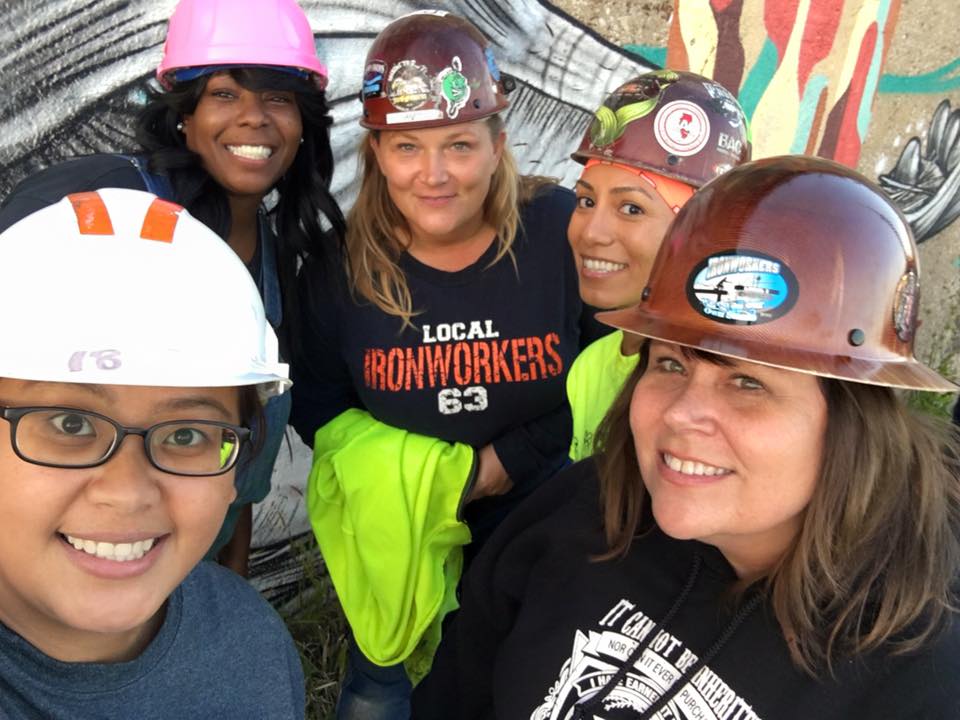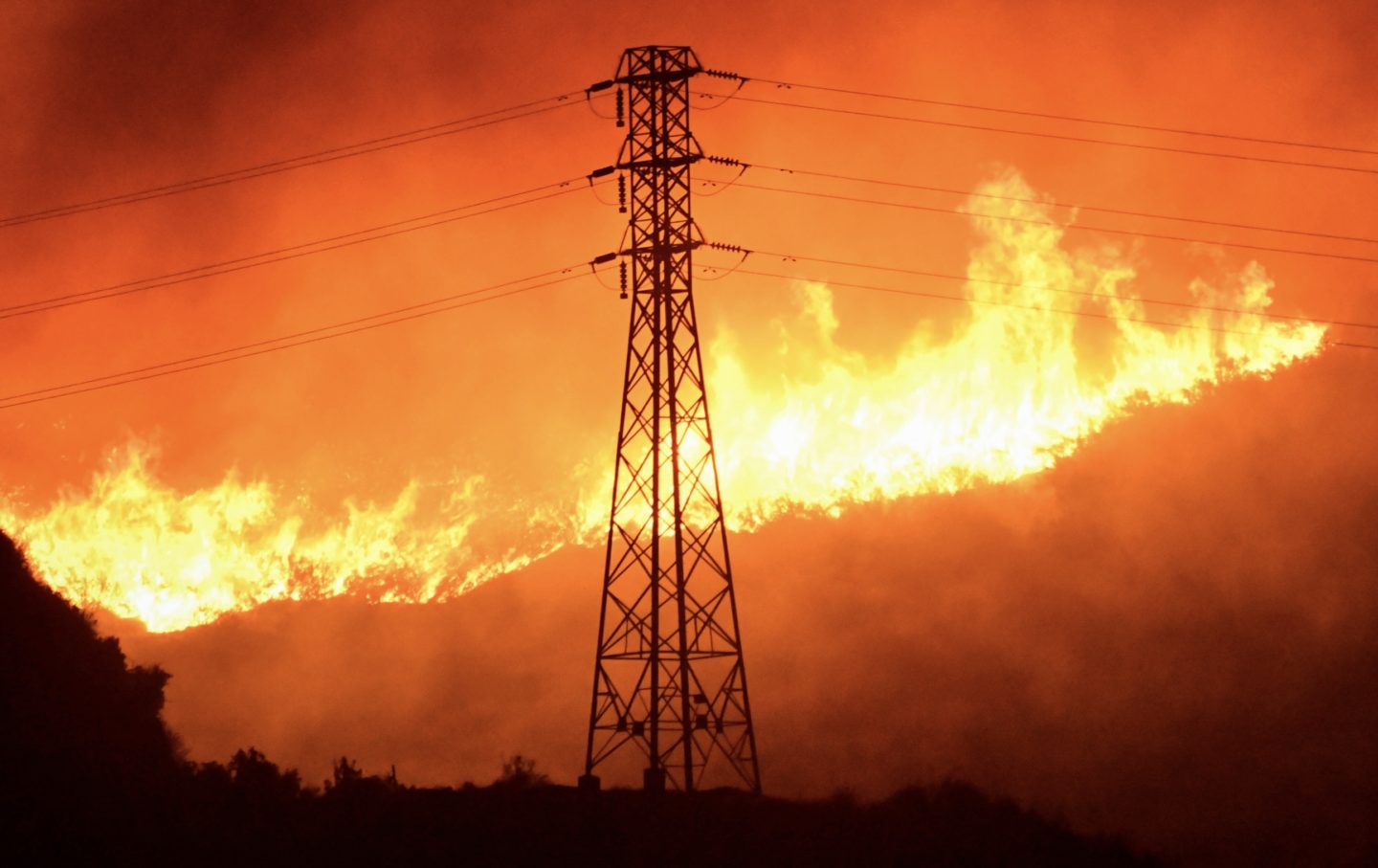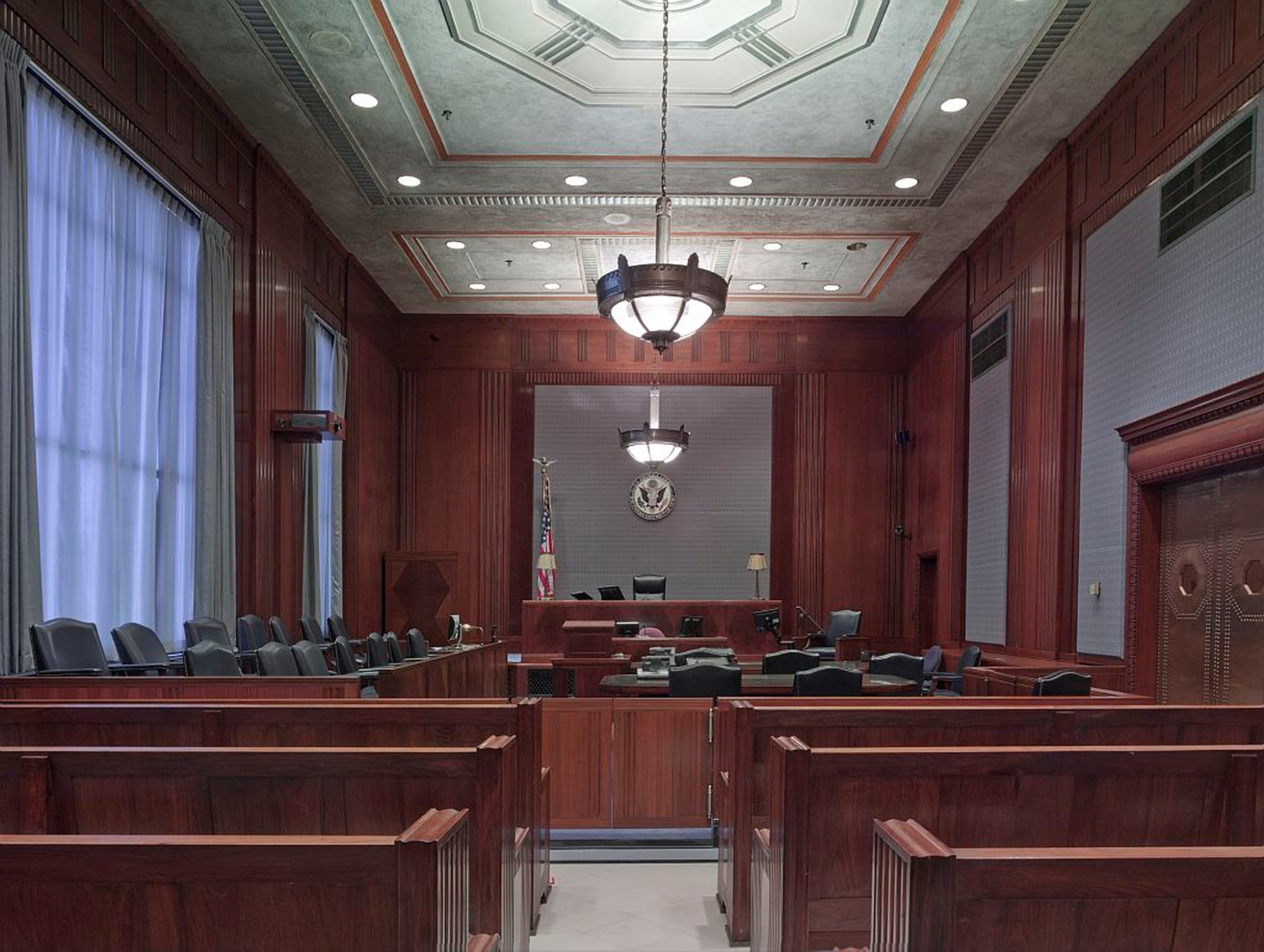
More large corporations are said to be signaling their commitment to environmental and social goals by including those targets in the incentive packages offered to their chief executives.
That’s the message of a recent article in the Financial Times, which highlights the example of Starbucks CEO Kevin Johnson, whose $20 million compensation total in 2021 was based in part on reducing the company’s use of plastic straws and lowering methane emissions at the farms producing the milk for its lattes.
Those are laudable goals, but they may also amount to another form of greenwashing. After all, in the case of Starbucks, the company’s proxy statement indicates that the lion’s share of Johnson’s bonus was still determined by conventional financial benchmarks such as profitability.
There is also the question of whether the alternative metrics are all appropriate. Along with “planet-positive environmental goals,” the minority share of Johnson’s bonus was also set by “people-positive goals.” According to the proxy, that includes factors such as diversity. Yet what about other employment issues?
Starbucks is now in the midst of a widespread union drive among its baristas. Since employees at a location in Buffalo, New York voted for representation in December, organizing drives have sprung up at outlets around the country. A new union called Starbucks Workers United has reported that National Labor Relations Board petitions have been filed at more than 100 locations around the country.
These initiatives have not exactly been welcomed by Starbucks management. While claiming it will bargain in good faith with the Buffalo group, the company is employing some traditional anti-union tactics, such as mandatory meetings in which managers seek to discourage organizing.
Johnson set the tone for this himself. Just before the vote in Buffalo in December, he gave an interview to the Wall Street Journal in which he trotted out the usual corporate line that unionization would destroy the rapport between workers and management: “It goes against having that direct relationship with our partners that has served us so well for decades and allowed us to build this great company.” Around the same time, the company sent a text message to workers saying: “Please vote and vote no to protect what you love about Starbucks.”
It remains to be seen whether the company will continue to rely on this guilt-tripping approach rather than hard-core unionbusting. An indication of where things may be headed was the move by the company earlier this month to fire seven activists at a Memphis location, claiming they violated safety rules.
This brings us back to Johnson’s bonus. Will his handling of the organizing drive factor into his 2022 bonus? If he succeeds in blocking widespread unionization of the chain, will that be seen as a “people-positive” achievement?
In all likelihood, next year’s proxy statement will be silent on the union campaign, regardless of how it turns out. Yet Johnson will no doubt be rewarded financially if he thwarts the effort.
And that points to the problem with the employment aspects of corporate social responsibility practices. While companies have come to regard environmental goals as changes that everyone can rally around, organizing drives are another matter. Faced with the prospect of unionization, even supposedly progressive companies still act like the benighted employers of a century ago.
Until corporations such as Starbucks begin respecting the right of workers to form unions and bargain collectively, they have no business presenting themselves as socially responsible.









You must be logged in to post a comment.